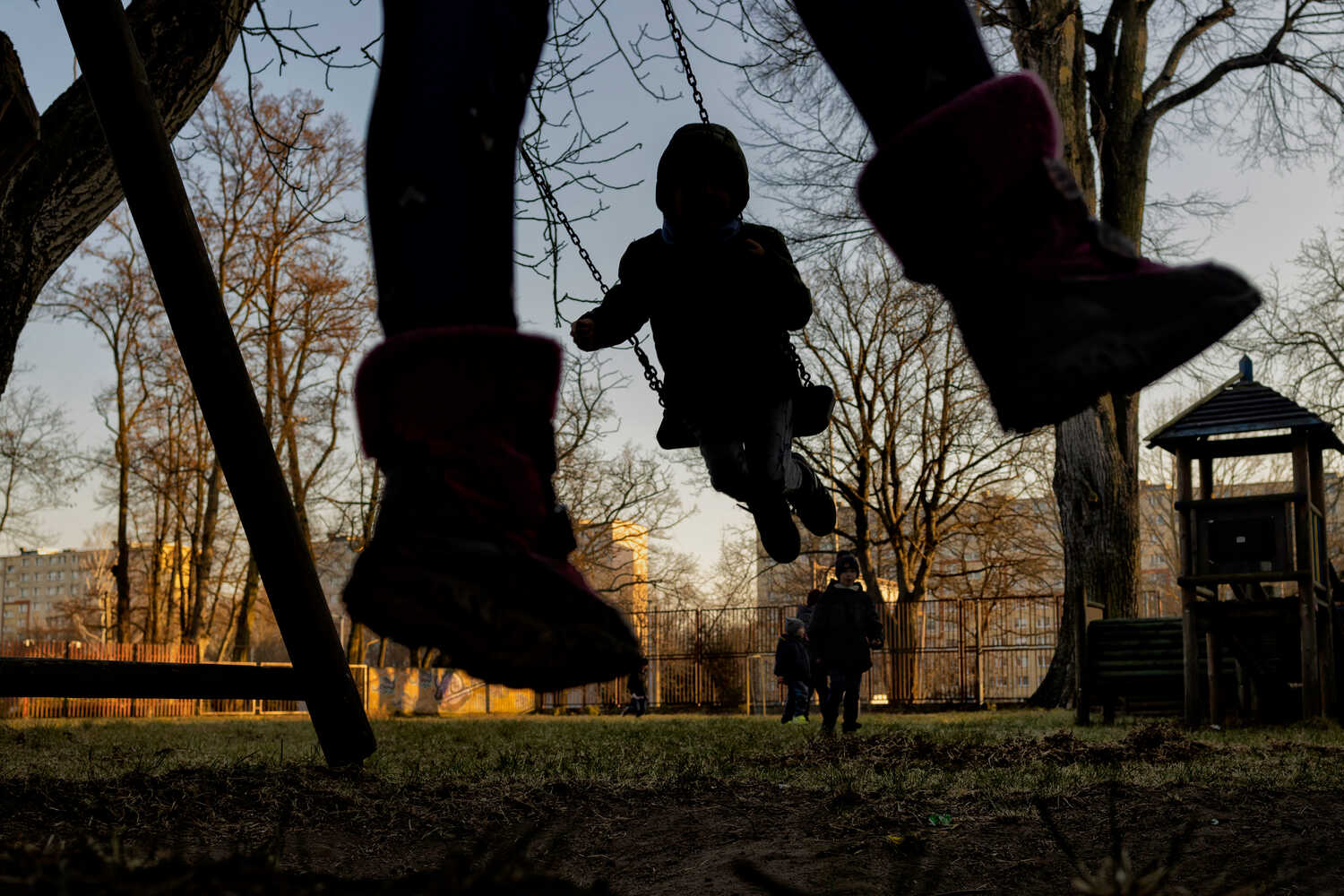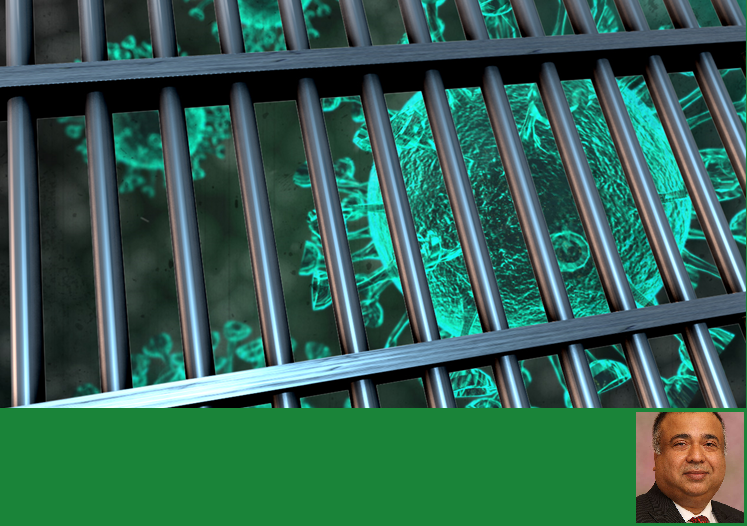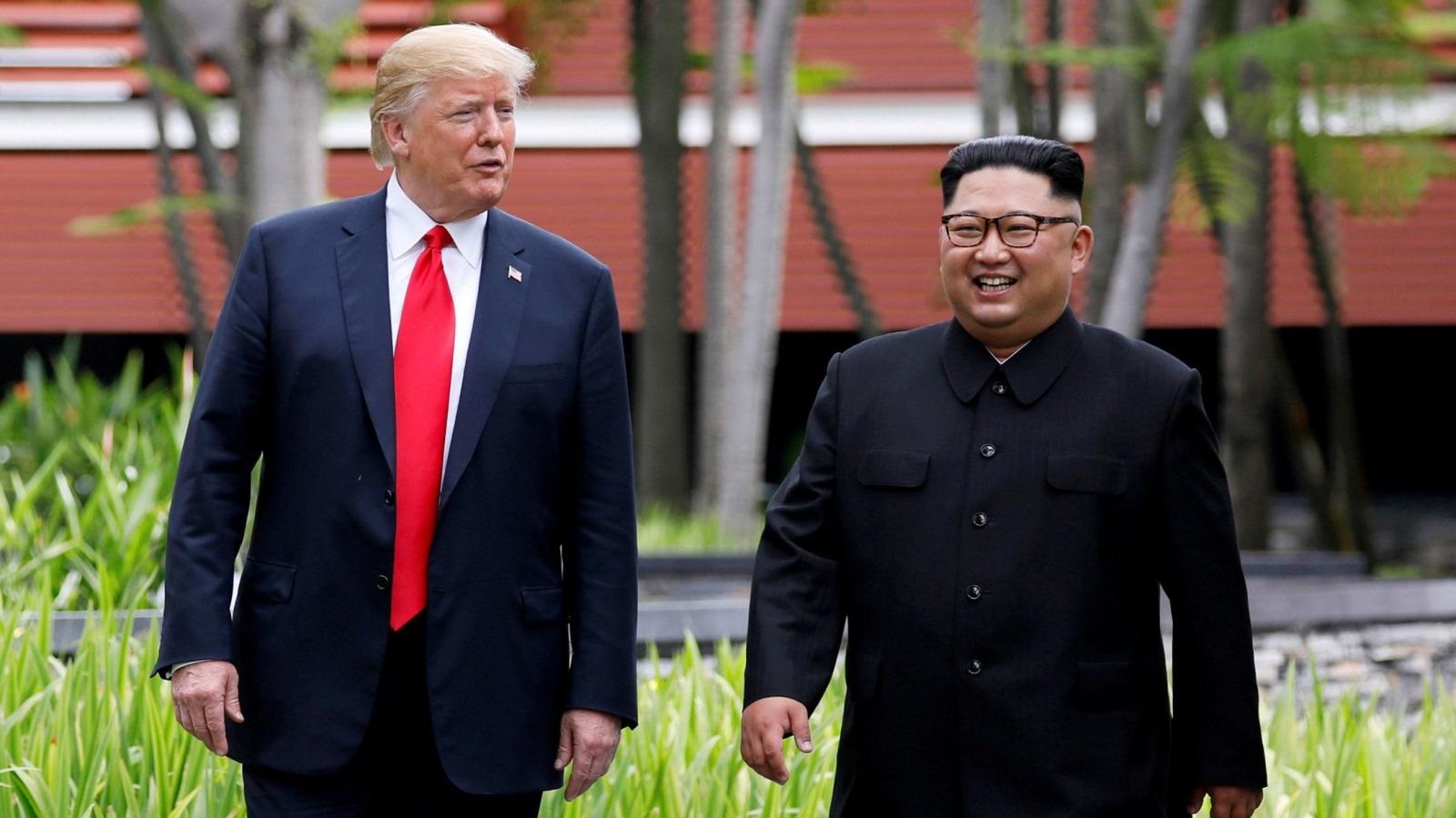Sex trafficking of Rohingya children in Bangladesh
The Rohingya people have been persecuted and systematically oppressed by the Burmese military and government for years now. Residing in a western state of Myanmar, Rakhine, they have been denied citizenship and their existence as an ethnic group dismissed, their homes have been burnt, women have endured extreme suffering and rape, children have been made orphans.
Following the surge of violence perpetrated at the end of August 2017, the United Nations Office for the Coordination of Humanitarian Affairs estimates that around 905,000 Rohingya refugees have fled the Rakhine state of Myanmar, crossing the border into Bangladesh.
Sex trafficking
This has not brought an end to the plight of many Rohingya girls, as recently revealed in a BBC investigation led alongside the Foundation Sentinel. The report shines light on the dark realities surrounding the central refuge point for the Rohingya, Cox’s Bazar in Bangladesh, where Rohingya children are caught up in multiple sex trafficking rings.
Beyond the rife sex trade in Cox’s Bazar, Rohingya girls are trafficked as far as Kolkata in India or Kathmandu in Nepal.
Traffickers are exploiting the precarious situation of women and children living in the refugee camps, coercing them into sex work and labour from the young age of thirteen.
Anwara and Masuda
The BBC report focused around the experience of two fourteen year old girls, Anwara and Masuda. Anwara, who lost her family in Myanmar, recounts women offering her help as she arrived in Bangladesh and subsequently bringing her to traffickers that beat and raped her. Masuda was offered work she couldn’t refuse due to the dire situation in the camps - without family or help, she needed to survive.
The scale of the sex trafficking network was revealed when undercover BBC investigators contacted local pimps asking to spend the night with Rohingya girls. They received countless photographs of girls between the ages of thirteen and seventeen.
On top of the sex work, the girls are often forced to cook and clean for the pimp’s families and reside with them.
Afraid to stop
The reporters then staged an operation with the local police, arresting the middle man delivering two Rohingya girls to the hotel agreed upon as a meeting point, whilst trafficking experts and childcare professionals arranged care for the girls. Both were afraid giving up sex work would cut them off from the only way they knew to provide for their families and for themselves, and one even refused going into social care.
The investigation is revelatory of the ways in which vulnerability is repeatedly exploited by traffickers and pedophiles. Children fleeing violence and war are preyed upon, their will to survive used against them.
Entire networks, online and offline, are dedicated to specifically targeting refugee minors for prostitution. Better frameworks of guidance, help and protection must be set up to ensure the safety and human rights of refugee children are respected.
All children have the right to be safe from exploitation and trafficking, especially in the countries they seek asylum in. (Independent)
(Published 2018/06/20 at 1:35 am)



















Comments